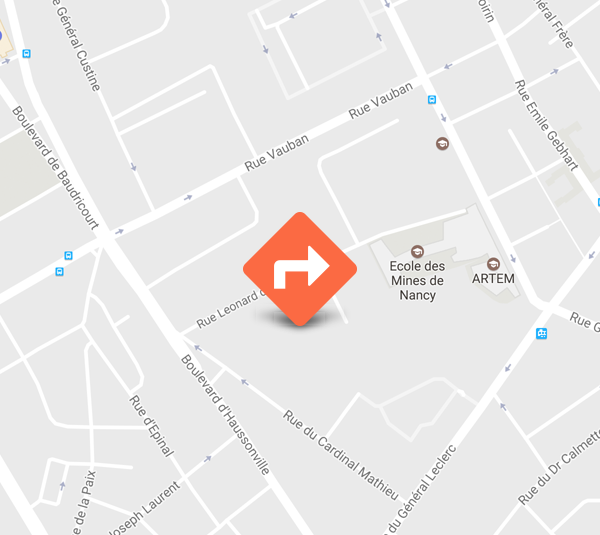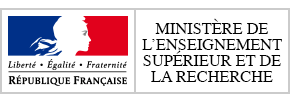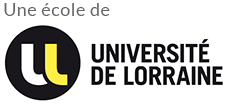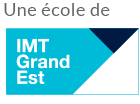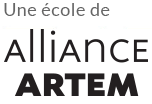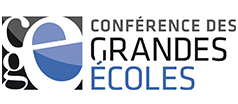The Industrial Engineering and Applied Mathematics department brings to life two major options (particularly in terms of student numbers) at the school: Mathematical Engineering, and Decision and Production Systems Engineering.
Its objective is to train engineers capable of designing models and analysing systems with a view to improving the productivity, logistics, costs, etc. of a company in any field of activity using sophisticated mathematical and computer-based decision-support tools. Another of the department’s tasks is to organise the teaching of the school’s common core in mathematics, operational research and statistics. Most of the young engineers from our department will go on to careers in banking, insurance, auditing and consulting companies or in the research and development centres of large industrial, commercial and service companies. Their work involves data science (including big data), financial product modelling, risk calculation, financial analysis, management control, production management, internal and external logistics, the selection of suppliers and human and material resources in general, quality, maintenance, decision support for system design and control, project management, scientific computation…
Educational team
The department has mathematics teachers and researchers including two professors: Antoine Henrot and Xavier Antoine; four lecturers: Denis Villemonais, Sandie Ferrigno, Ilaria Lucardesi and Rémi Peyre, as well as computer scientists specialising in decision support including one professor: Yannick Toussaint; four lecturers: Bernardetta Addis, Henri Amet, Wahiba Ramdane-Cherif and Frédéric Sur. It also receives ad hoc support from INRIA researchers as well as active members of Institut Elie Cartan and Loria, particularly for project supervision and elective courses.
Research basis for teaching
In research, members of the department are very active members of teams at Institut Elie Cartan (probability and statistics, partial differential equations) and Loria (automatic language and knowledge processing, algorithmics, computation, image and geometry, networks, systems and services). This direct link with research naturally feeds into the teaching and projects within the department. Note that the third year in Mathematical Engineering is shared with the IMOI (Mathematical Engineering and Computer Tools) Master’s at the University of Lorraine.
Pluses
The Industrial Engineering and Applied Mathematics department incorporates the Big Data for Sustainable Housing Chair funded by Saint-Gobain Recherche. Several second and third-year projects are proposed each year within this framework. Other industrial projects come from local partners (often SMEs) or startups, some of which are housed at Mines Nancy. Several alumni have received outstanding awards and distinctions, such as:
- Yannick Privat (Mathematical Engineering class of 2002): winner of the Grand Prize from the Chancellery of Lorraine 2009
- Nicolas Rougerie (Mathematical Engineering class 2004): Rosemont-Demassieux Prize from the Chancellery of the Universities of Paris in 2010, Young Scientist Prize from the International Union of Pure and Applied Physics in 2015
